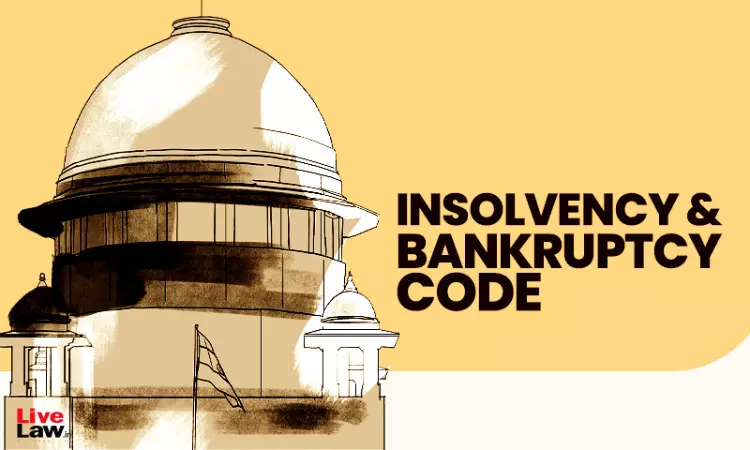The Supreme Court has held statutory set off or insolvency set off is not applicable to Corporate Insolvency Resolution Process (“CIRP”) proceedings under the Insolvency and Bankruptcy Code, 2016 (“IBC”). Further, Regulation 29 of the Insolvency and Bankruptcy Board of India (Liquidation Process) Regulations, 2016 (“Liquidation Regulations”), which provides for mutual dealing and...

